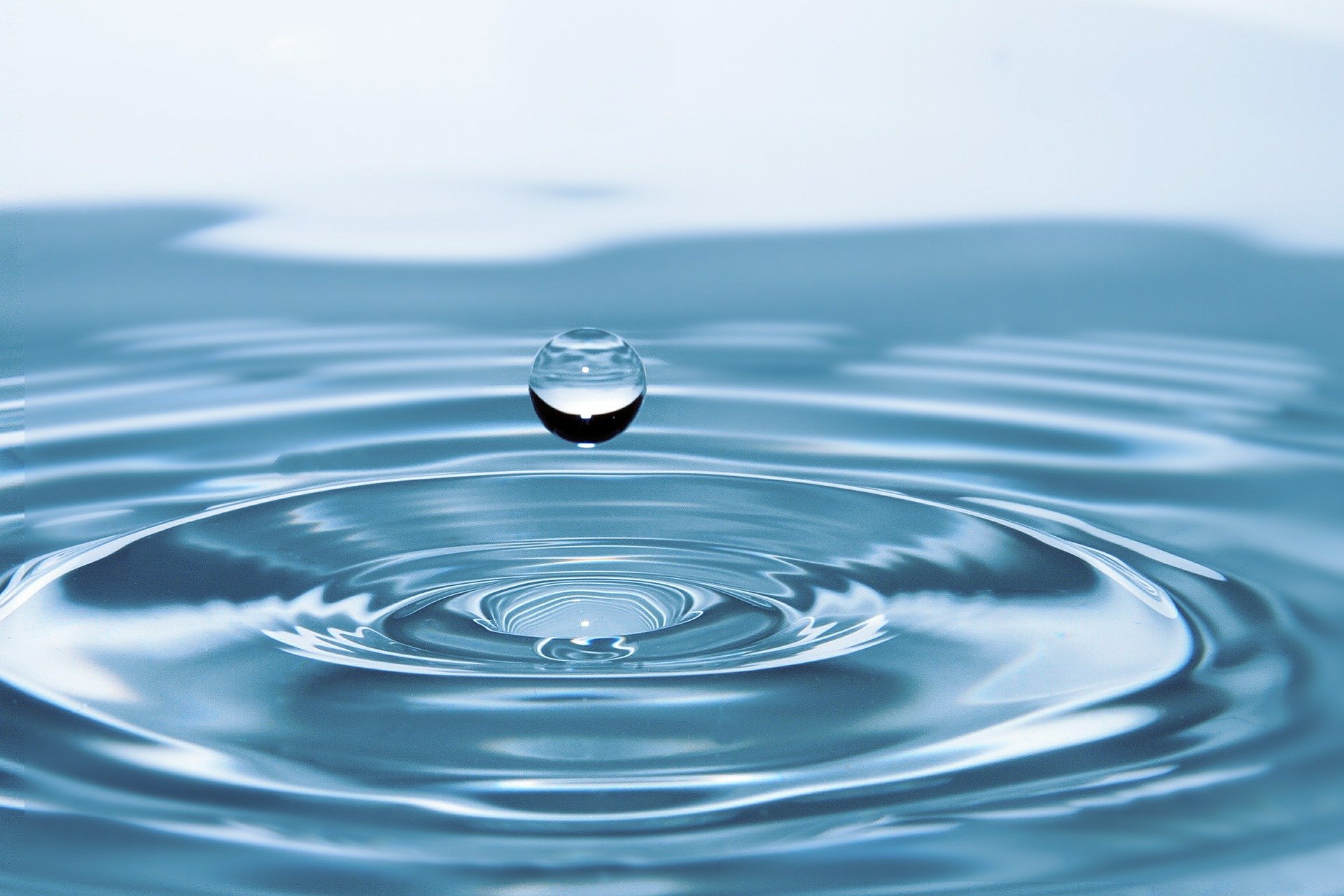 Pumps and process equipment used in high-purity applications such as biotechnology, food and beverage, and pharmaceutical processing require an elevated level of design with requirements above those needed for other processing industries. Pumps for sanitary applications must transfer products efficiently and additionally meet strict design and cleanability requirements which are mandated by various organizations that have established standards for ultraclean processing.
Pumps and process equipment used in high-purity applications such as biotechnology, food and beverage, and pharmaceutical processing require an elevated level of design with requirements above those needed for other processing industries. Pumps for sanitary applications must transfer products efficiently and additionally meet strict design and cleanability requirements which are mandated by various organizations that have established standards for ultraclean processing.
Selecting the right type and size of pump for any application can be challenging, although the stakes are higher for ultraclean processing with more demanding requirements. Partnering with an experienced and reputable pump and process equipment expert helps companies in high-purity applications to start with the right type of equipment and design for efficient, safe, and sanitary practices.
Sanitary Pump Selection and Process Design Considerations
Selecting the right type of pump is only part of the process. Pump design and engineering considerations for sanitary applications include the following:
1.) Cleaning methods – determining the cleaning methods for your pump and process equipment must be part of the design phase of your entire sanitary processing system. It is important to determine whether you will practice cleaning-in-place (CIP) or cleaning-out-of-place (COP) procedures prior to selecting sanitary pumps. Pump equipment designed for CIP cleaning methods requires the installation of a circulating cleaning solution or spray device, as well as many additional considerations for true CIP compatibility. Extra consideration must be given to all cracks and crevices during the design phase to identify any areas which must be disassembled and removed for cleaning methods if the cleaning solution cannot reach these areas with sufficient flow.
An experienced pump specialist can help you choose the right type of pump to complement the desired cleaning method to provide the least amount of downtime and maintenance required.
2.) Pump size – with many types of sanitary pumps available, it is important to choose the best size of pump for your process to provide efficient operation. Your pump supplier can help you evaluate pump sizes and offerings, including self-priming pumps, high-pressure pumps, and materials to provide the most efficient and sanitary processing.
3.) Seal maintenance – CIP benefits include quick cleaning processes and choosing the right type of seals that reduce and simplify seal replacement time can dramatically limit equipment downtime.
4.) Metal composition – your pump’s metal composition quality is a critical factor, particularly for food-grade processes that are subject to government regulation. Stainless steel and other metals must meet all FDA approval requirements as listed in FDA CFR 21.177, Code of Federal Regulations Title 21, which details requirements for components used for single and repeated food contact processing.
Whether selecting sanitary pumps for food and beverage processes, biotechnology applications, or pharmaceutical processing, be sure that these considerations are addressed prior to the complete process equipment system design.
IPE Offers Sanitary Pump System Design and Installation
Illinois Process Equipment, IPE, offers fully integrated pump services, including high-quality pumps and process equipment and customized system design. We focus on providing comprehensive pumping solutions designed to improve efficiency, safety, productivity, and profitability. IPE offers complete pump and process equipment system design and engineering, installation, and testing to ensure optimal performance.
IPE is your leading trusted Midwest pump and process equipment supplier, with deep technical knowledge and vast market expertise in process equipment system design. We offer sanitary pumps and turnkey industrial process equipment solutions. Contact us to speak with an engineer about selecting the right type of sanitary pump and optimal process system design.


